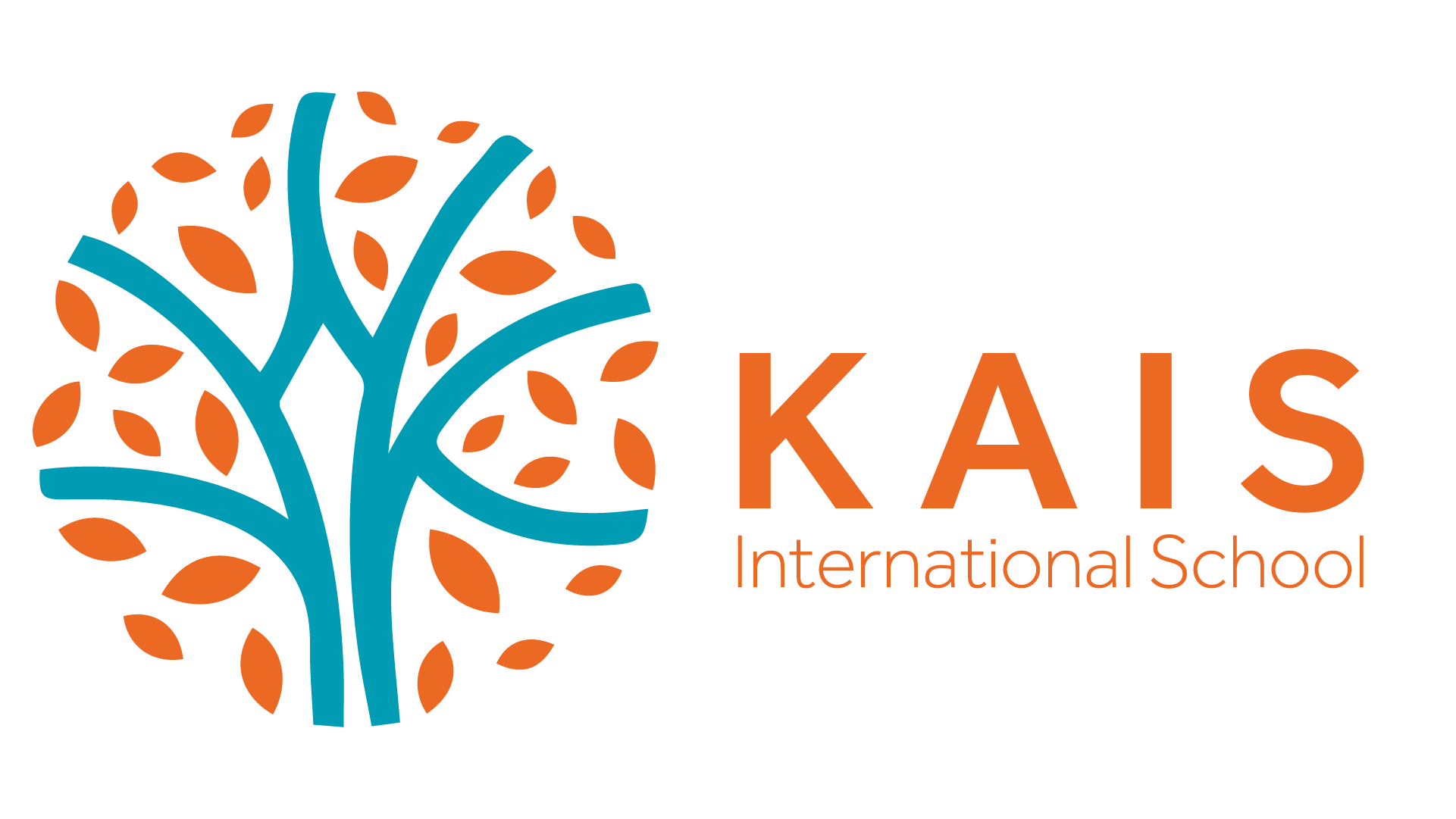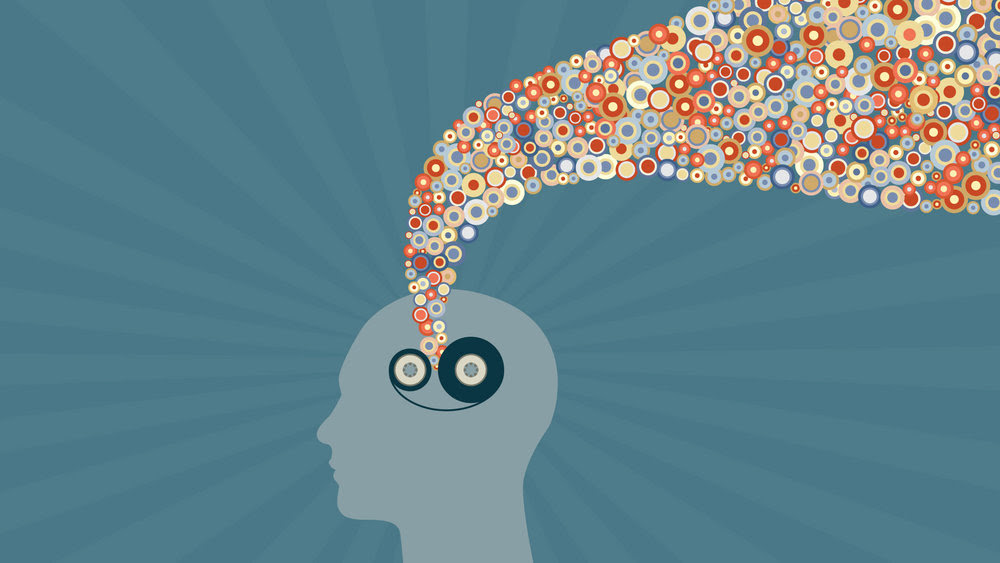Last year, our 9th and 10th grade Honors Lit class read Daniel Kahneman’s Thinking, Fast and Slow. Kahneman is a Nobel Memorial Prize-winning behavioral economist who specializes in the way cognitive biases and heuristics, or mental shortcuts, affect decision making. We learned a lot about the mental processes involved in making decisions through reading and discussing his book. This article highlights one of the key takeaways from Thinking, Fast and Slow: we should rethink how we define and rely upon our intuition. As Kahneman puts it, “Intuition is defined as knowing without knowing how you know. That’s the wrong definition. Because by that definition, you cannot have the wrong intuition. It presupposes that we know, and there is really a prejudice in favor of intuition. We like intuitions to be right.” According to Kahneman, a better definition — or a more precise one — would be that, “intuition is thinking that you know without knowing why you do.” By this definition, the intuition could be right or it could be wrong. Read the article to find out what three conditions need to be met in order for you to trust your intuition.


